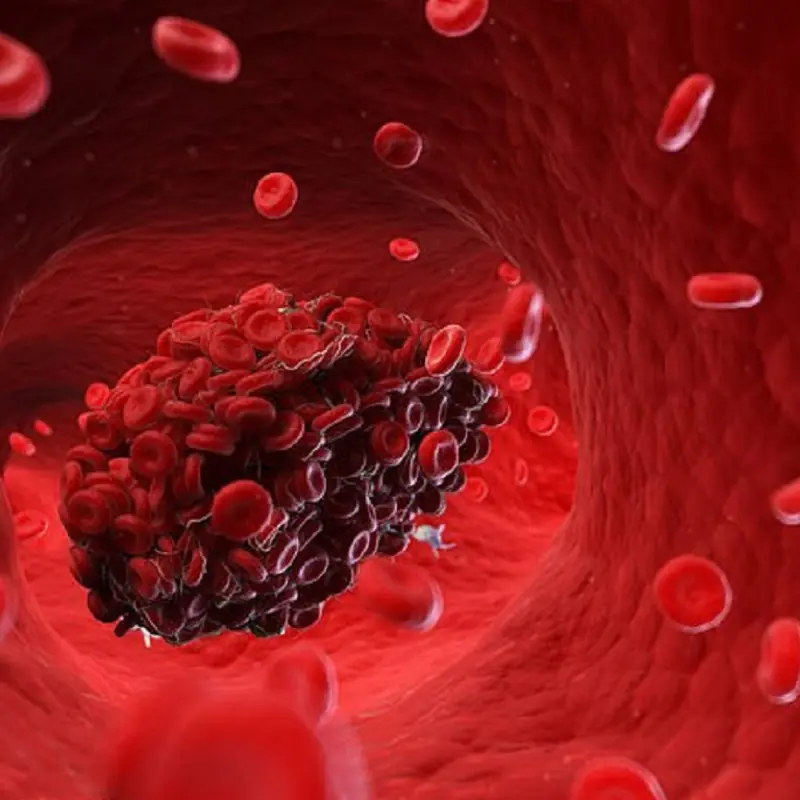
A Simple Daily Drink That May Support Cleaner, Healthier Arteries
A simple daily drink gaining attention for heart and artery health
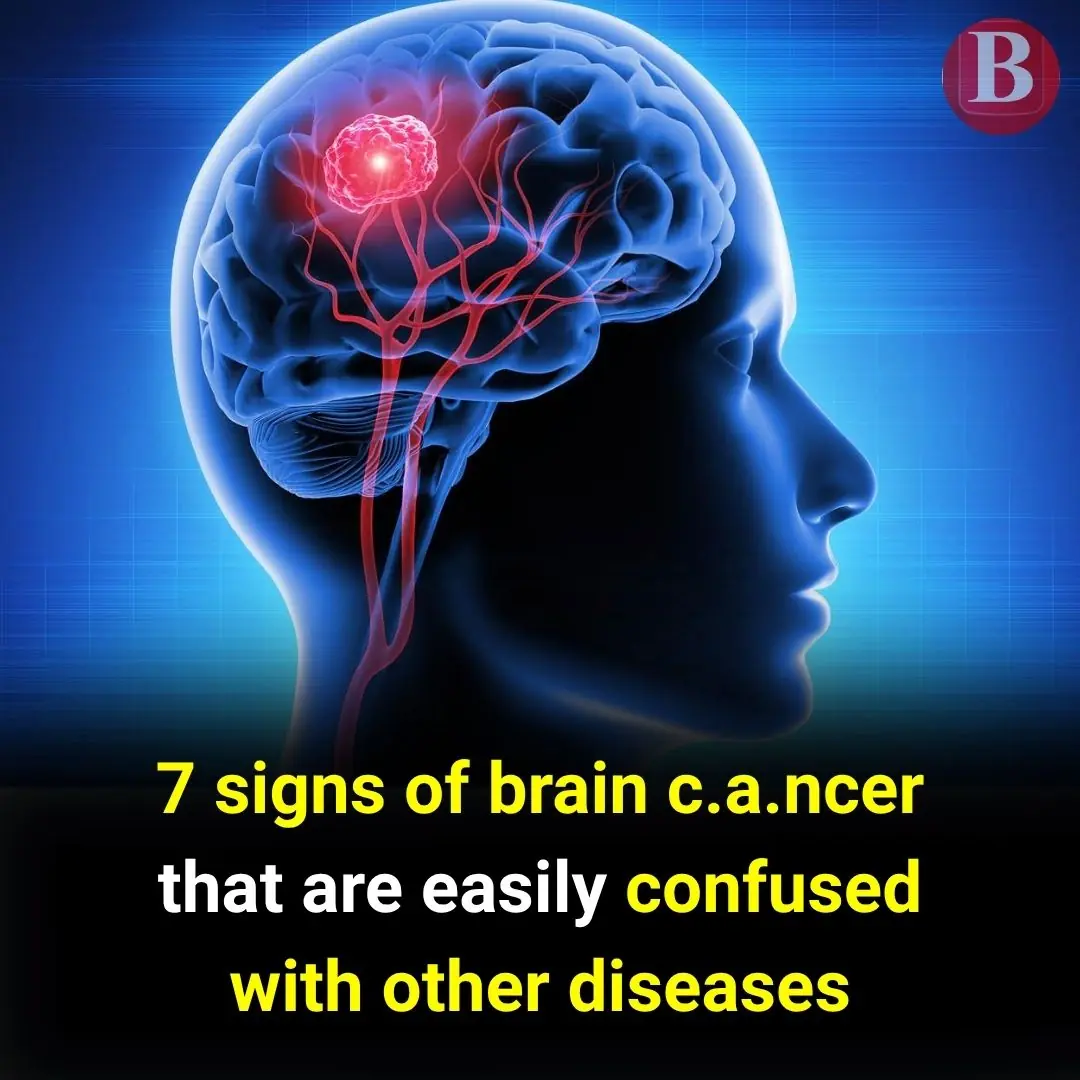
Brain cancer is a dangerous condition—even when the tumor is benign—because it can press on and impair central nervous system function. Early recognition of brain cancer signs is crucial for timely medical consultation, diagnosis, and choosing the most effective treatment method to improve outcomes.
Persistent headaches, dizziness, or memory loss — could you be unknowingly ignoring these warning signs? Let’s explore 7 subtle signs of brain cancer and remember to schedule regular cancer screenings.
Brain tumors form due to the abnormal growth of cells in the brain. The brain is a complex organ, with different areas responsible for specific neurological functions. Tumors can develop in various locations, including the pituitary gland, meninges, brainstem, and more.
Brain cancer refers to abnormal cell growth occurring inside or near the brain.
According to the World Health Organization (WHO) 2021 classification, brain tumors are graded based on malignancy, growth rate, and treatment prognosis:
Grade 1: Benign tumors
Grade 2: Pre-cancerous tumors
Grade 3 and 4: Malignant brain cancers
Primary brain tumors originate in the brain, while secondary (metastatic) tumors spread from cancers elsewhere in the body via the bloodstream or lymphatic system.
Colorectal cancer
Breast cancer
Lung cancer
Many symptoms of brain tumors mimic other medical conditions, causing delays in diagnosis and treatment. If you notice the following signs, consult a specialist for a thorough evaluation — early detection increases treatment success and prevents unnecessary worry that can worsen symptoms.
Frequent headaches—especially in the morning or accompanied by a dull, throbbing sensation—may be an early sign of brain tumors. These often improve a few hours after waking.
Commonly mistaken for: migraines, tension headaches, or sinusitis.
Frequent nausea or vomiting unrelated to stomach issues could signal increased intracranial pressure caused by a tumor. These symptoms may occur at any time—even on an empty stomach.
Often confused with: indigestion, food poisoning, early pregnancy, or gastrointestinal disorders.
Unexplained dizziness, poor coordination, weak limbs, and unsteady walking can be signs of brain tumors. In severe cases, it may lead to partial paralysis.
Possible confusion with: low blood sugar, inner ear disorders (like vertigo), or low blood pressure.
Tumors pressing on optic or auditory nerves can cause symptoms such as:
Blurred or double vision
Peripheral vision loss
Visual disturbances like floating shapes or flashing lights
Commonly confused with: nearsightedness, farsightedness, or ENT issues.
Brain tumors may affect memory, focus, and problem-solving abilities. Typical changes include:
Trouble concentrating or multitasking
Short-term memory lapses
Confusion during simple tasks
Easily mistaken for: stress, anxiety disorders, or early-stage dementia.
Seizures in adults without a history of epilepsy may be due to brain tumors disrupting brain activity. Symptoms include:
Muscle spasms or jerking
Loss of consciousness or confusion
Unusual sensations like tingling or hallucinations
Other causes: low calcium, epilepsy, or other neurological disorders.
If a tumor presses on motor or sensory areas of the brain, symptoms may include:
Weakness in one arm or leg
Persistent numbness or tingling
These signs often worsen over time and are localized.
Can be confused with: stroke, cervical spine degeneration, or pinched nerves.
Brain cancer symptoms are vague and non-specific. In the early stages, they may be mild or easily misattributed to less serious conditions like stress or ear problems. That’s why early cancer screening is crucial, especially if you experience long-lasting, unexplained symptoms.
In most primary brain tumor cases, the exact cause remains unknown. However, some risk factors are known:
Age: Brain tumors can affect all ages but are most common in older adults.
Radiation exposure: Ionizing radiation (e.g., radiotherapy, atomic bomb exposure) can alter DNA and increase tumor risk. Even low-level exposure (e.g., from mobile phones) is being investigated.
Inherited genetic syndromes: DNA mutations linked to increased tumor risk include:
Neurofibromatosis type 1 & 2
Lynch syndrome
Li-Fraumeni syndrome
Von Hippel–Lindau syndrome
Familial adenomatous polyposis
Cowden syndrome
Gorlin syndrome
To determine whether symptoms are related to brain cancer or other neurological disorders, doctors use:
Medical history & neurological examination
Imaging tests: CT scans or MRIs to detect tumors
Treatment varies by tumor type, location, and patient health. Common methods include:
Surgery: Often assisted by advanced imaging to precisely remove the tumor
Radiation therapy: Destroys or shrinks tumors using high-energy rays
Chemotherapy: Drugs that inhibit cancer cell growth
Targeted therapy & immunotherapy: Medicines that focus only on cancer cells, sparing healthy ones
In advanced cases, a multidisciplinary treatment approach is the most effective strategy for increasing survival and improving quality of life.
If you have a family history of brain tumors or genetic syndromes, early screening is essential. Doctors may conduct physical exams, imaging, and neurological function tests (vision, hearing, balance, reflexes).
While screening doesn’t prevent brain tumors, it can detect them early when treatment is more successful. To reduce your risk:
Limit exposure to harmful chemicals and radiation
Live a healthy lifestyle: balanced diet, regular exercise, stress management
See a doctor if you have persistent, unexplained symptoms similar to those listed above — especially if they worsen or don't respond to standard treatments.
Brain tumors can affect anyone, regardless of age. Their symptoms vary based on size, type, and location. “The key to recognizing symptoms depends on the tumor’s position,” says Dr. Theodore Schwartz, a neurosurgeon at Weill Cornell Brain and Spine Center.
For example, tumors near areas controlling vision or movement will affect eyesight or limb strength. Diagnosis often requires combining imaging techniques (CT, MRI) with tissue analysis and biomarkers.
Recognizing early signs boosts survival chances and highlights the importance of regular cancer screenings.
Dr. Basma M’Barek, head of the Hope Cancer Center at FV Hospital, has emphasized: “It’s heartbreaking when patients come to us with only a 20% chance of survival.” Routine cancer screenings significantly raise the chance of successful treatment and help patients receive timely, compassionate care throughout their cancer journey.

A simple daily drink gaining attention for heart and artery health
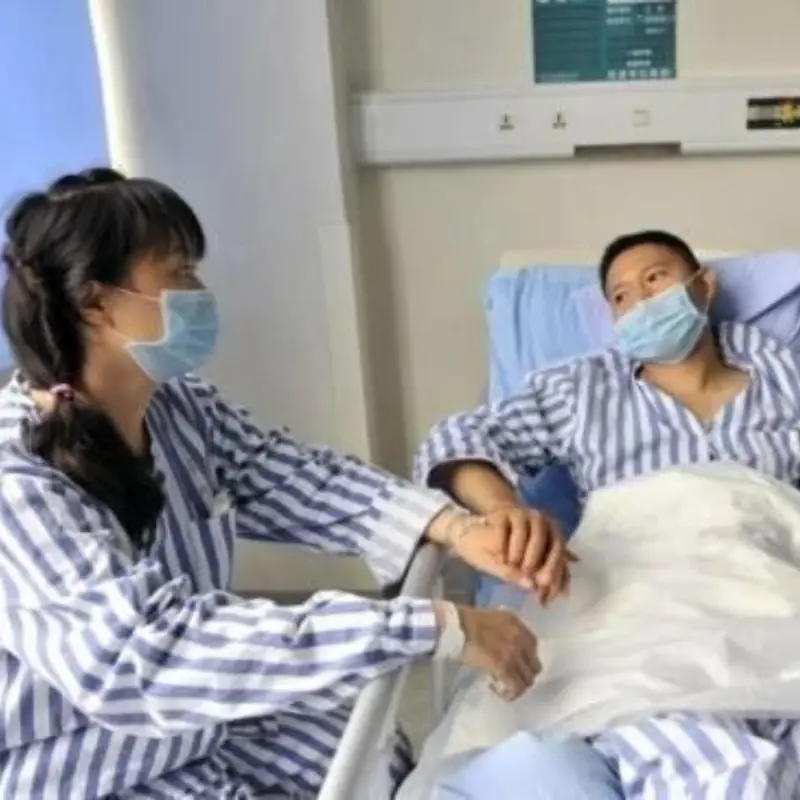
Shared daily habit raises health concerns after couple’s diagnosis

Who should avoid ginger? Five conditions that require caution.

5 subtle cancer warning signs experts say you should never ignore

Hidden daily habit leads to serious nasal fungal infection case

A simple dishwashing habit may pose hidden health risks at home.

Sweet Potatoes: A Nutritious Food for Health and Taste
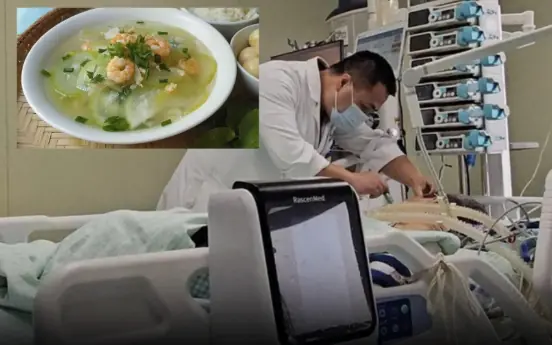
According to Mrs. Wang's account, before being hospitalized, she ate a bowl of bitter gourd soup.
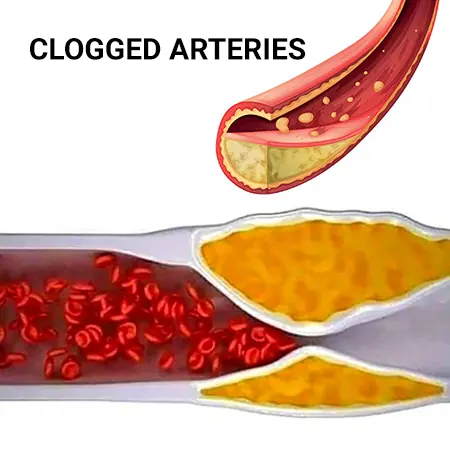
Clogged arteries rarely happen overnight. Instead, they develop slowly as fat, cholesterol, and other substances build up inside blood vessels, a process known as atherosclerosis.

Broccoli has earned its place as one of the healthiest vegetables on the planet — and for good reason.

When you have to be at work bright and early the next morning, it’s extremely unpleasant to wake up at an ungodly hour and find yourself unable to get back to sleep.
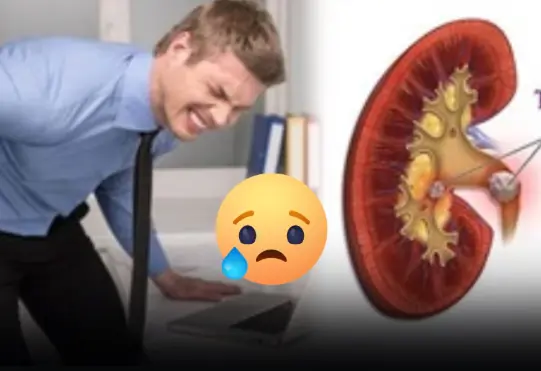
Kidney stones are one of the most common urinary stone disorders, especially among middle-aged men.

Guava leaves are not only an ingredient in cooking but also have many wonderful uses for health and beauty. Here are some of the outstanding benefits of guava leaves:

Here are 4 best vegetables that can help prevent cancer due to their rich content of antioxidants, vitamins, and minerals:
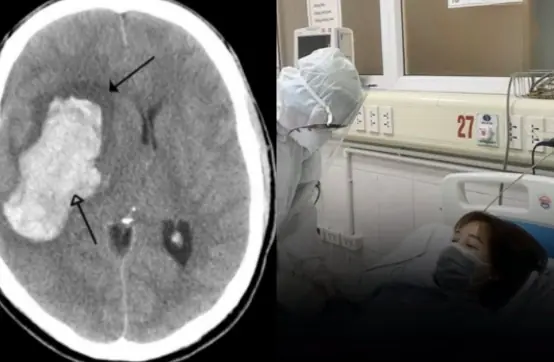
Even young individuals can experience strokes

It’s fragrant, refreshing, and a staple in many Southeast Asian kitchens

Oregano may seem like just another kitchen herb, but this small, fragrant leaf carries a surprising amount of medicinal power.

Boiled eggs are one of the most common and convenient foods in everyday life.

Although often praised as a “golden beverage” for its benefits to cardiovascular health, brain function, and energy metabolism, coffee is not always good for the body if consumed at the wrong time.
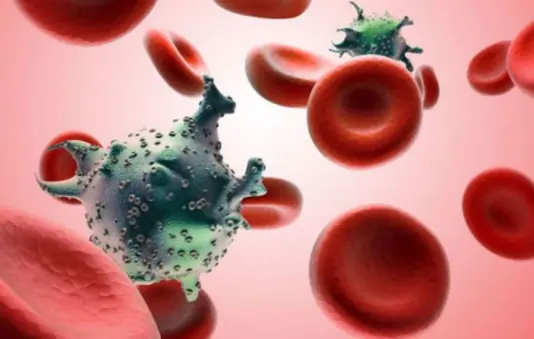
8 foods that are incompatible with tumors, remind each other to eat them regularly

Beer and salt together can help tackle many everyday household issues.

A simple daily drink gaining attention for heart and artery health

Shared daily habit raises health concerns after couple’s diagnosis

Who should avoid ginger? Five conditions that require caution.

5 subtle cancer warning signs experts say you should never ignore

Hidden daily habit leads to serious nasal fungal infection case

A simple dishwashing habit may pose hidden health risks at home.

Sweet Potatoes: A Nutritious Food for Health and Taste




According to Mrs. Wang's account, before being hospitalized, she ate a bowl of bitter gourd soup.

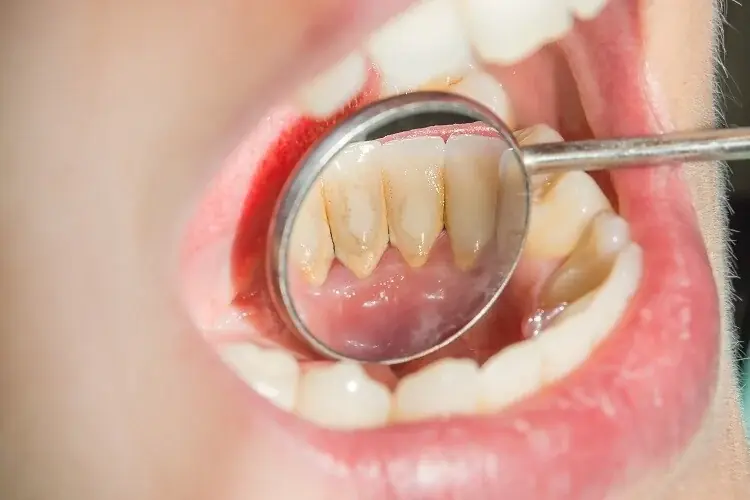
Home remedies to remove tartar dental

Clogged arteries rarely happen overnight. Instead, they develop slowly as fat, cholesterol, and other substances build up inside blood vessels, a process known as atherosclerosis.

10 signs that a man shows when he's in love

I was ashamed of my mom’s old car until the night it saved my dad

I almost sold my late father’s house to a stranger — until my son asked me one question that changed everything

The empty chair at the table said more than words ever could

We pretended everything was fine until it wasn’t